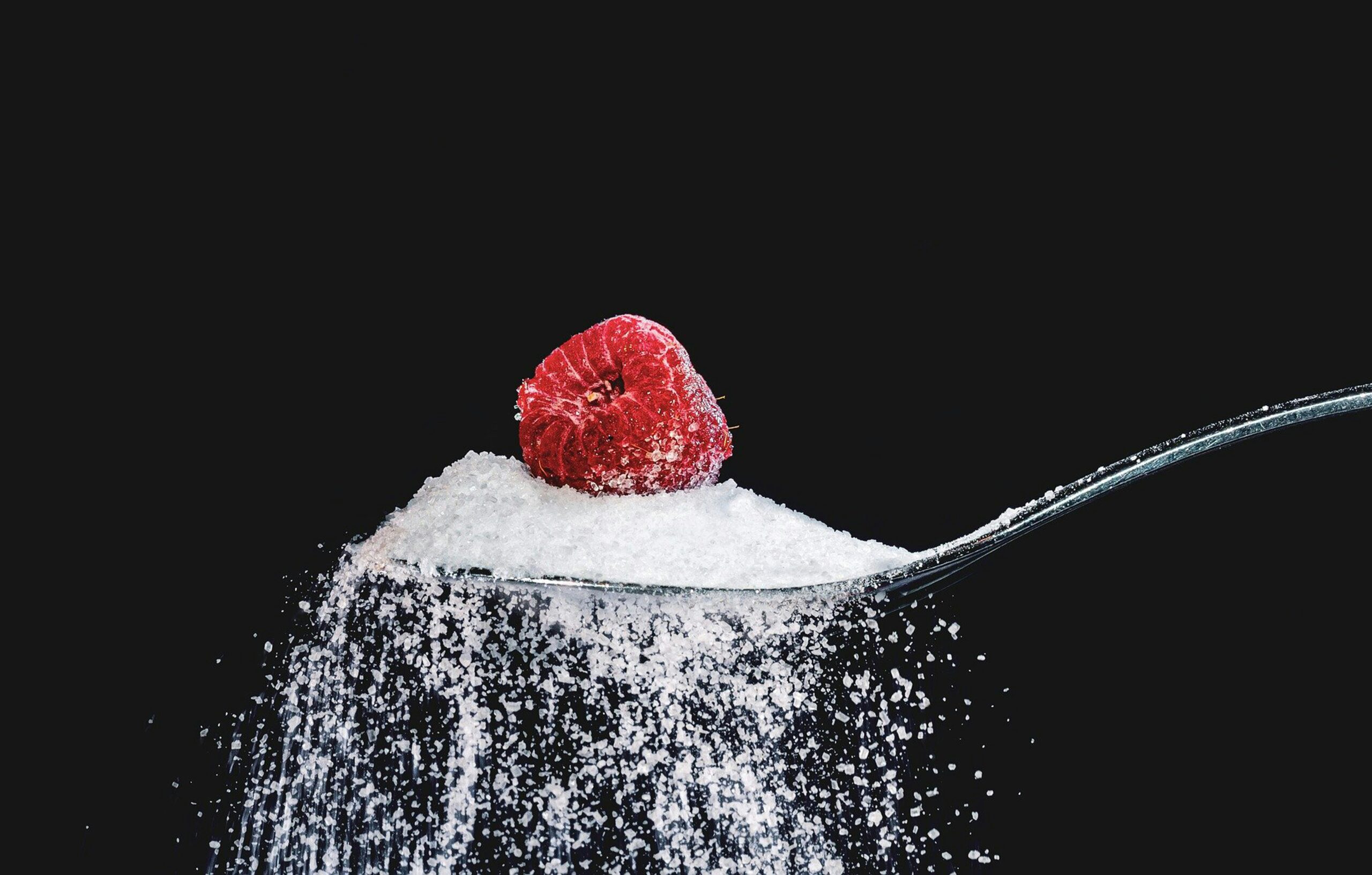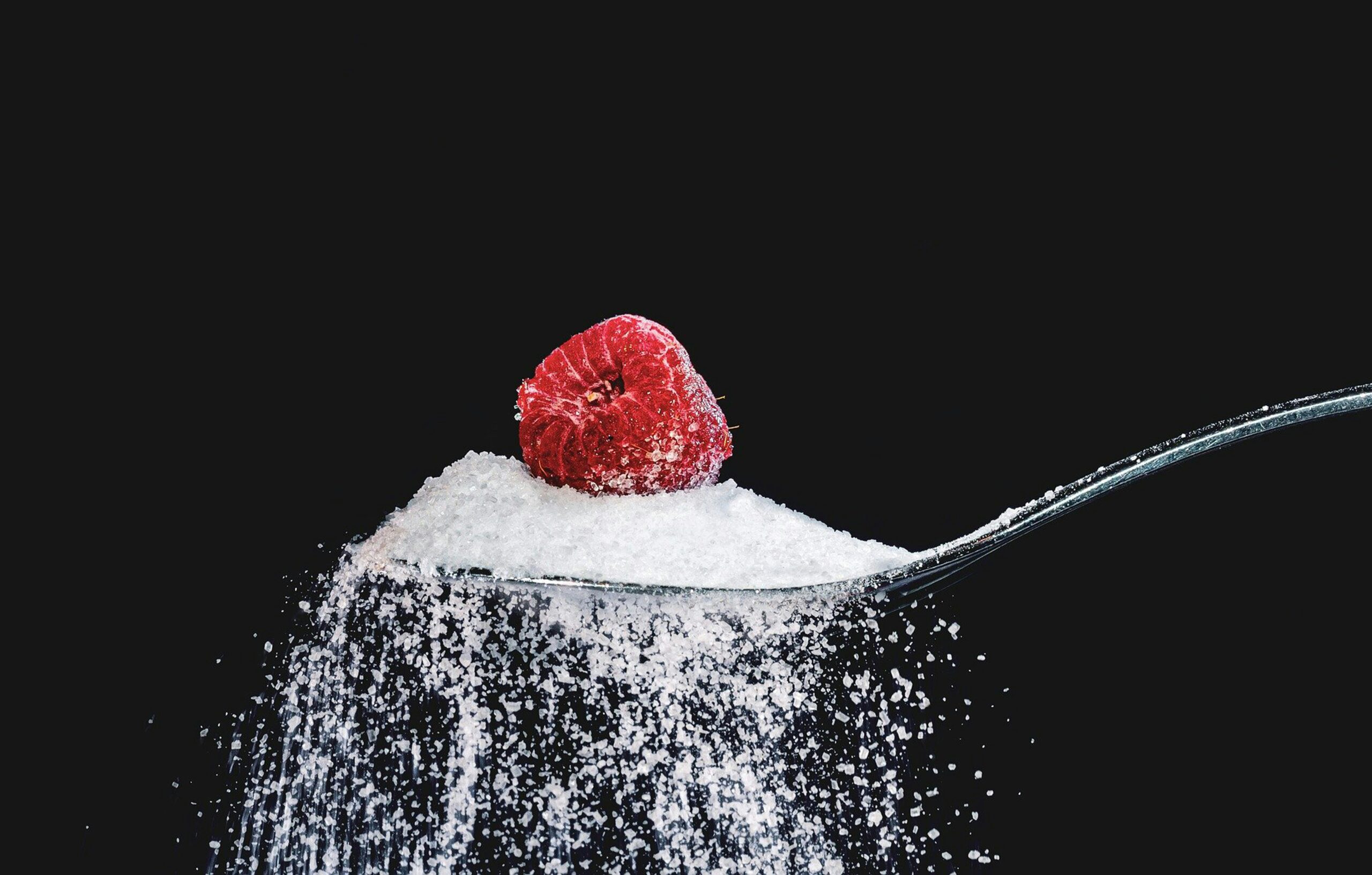Have you ever wondered if diabetes insipidus can lead to smelly urine? Well, this article explores the connection between these two factors. Diabetes insipidus is a rare condition that affects the body’s ability to regulate fluid levels, leading to excessive thirst and urination. While smelly urine is not a typical symptom of diabetes insipidus, there are certain situations where it may occur. So, if you’re curious to learn more about the potential link between diabetes insipidus and smelly urine, keep reading to find out!
Understanding Diabetes Insipidus
Definition of Diabetes Insipidus
Diabetes insipidus is a rare disorder characterized by the excessive production and excretion of large volumes of dilute urine. Unlike diabetes mellitus, which is caused by problems with insulin production or function, diabetes insipidus is related to the kidneys’ ability to regulate water balance. This condition occurs when the body is unable to properly balance the amount of water it reabsorbs from the urine, leading to increased urination and dehydration.
Types of Diabetes Insipidus
There are two main types of diabetes insipidus: central diabetes insipidus (CDI) and nephrogenic diabetes insipidus (NDI). CDI is caused by a lack of vasopressin, a hormone produced by the hypothalamus and released by the pituitary gland, which regulates water balance in the body. NDI, on the other hand, occurs when the kidneys are unable to respond to vasopressin, leading to excessive urine production.
Causes and Risk Factors
For central diabetes insipidus, the most common cause is damage to the hypothalamus or pituitary gland, either due to an underlying condition, such as a tumor or infection, or as a result of trauma or surgery. Nephrogenic diabetes insipidus, on the other hand, is usually caused by certain medications, genetic mutations, or chronic kidney disease. Risk factors for developing diabetes insipidus include a family history of the condition, certain genetic disorders, and certain medications or medical treatments.
Symptoms of Diabetes Insipidus
General Symptoms
The most noticeable symptom of diabetes insipidus is the excessive production of urine, known as polyuria. Individuals with this condition may produce anywhere from 3 to 20 liters of urine per day, causing a constant need to urinate. Other common symptoms include excessive thirst, known as polydipsia, because of the body’s efforts to compensate for fluid loss. Individuals may also experience dehydration, which can cause symptoms such as dry mouth, fatigue, and muscle weakness.
Symptoms in infants and young children
In infants and young children, the symptoms of diabetes insipidus may be more difficult to recognize. Excessive thirst, irritability, and growth delays are common signs to look out for. Additionally, parents may notice frequent diaper changes due to the increased urine output. It is important to closely monitor infants and young children for any signs of dehydration, as they may not be able to communicate their symptoms effectively.
When to see a doctor
If you or your child are experiencing symptoms such as excessive thirst and urination, it is important to consult a healthcare professional. While these symptoms may be caused by other factors, it is crucial to rule out diabetes insipidus or other underlying conditions. A doctor can perform the necessary tests to diagnose and determine the appropriate treatment for diabetes insipidus.

Diagnosis and Tests for Diabetes Insipidus
Physical Examination and History
During a physical examination, a doctor will ask about your symptoms and medical history, as well as perform a thorough examination to check for any underlying conditions or signs of dehydration. They may also inquire about any medications you are currently taking, as certain medications can contribute to the development of diabetes insipidus.
Urine Tests
Urine tests are a key component in diagnosing diabetes insipidus. A doctor may request a 24-hour urine collection test to measure the volume and concentration of urine produced. Blood tests may also be conducted to measure electrolyte levels, such as sodium and potassium, as imbalances can be indicative of diabetes insipidus.
Blood Tests
In some cases, blood tests may be performed to measure the levels of vasopressin or antidiuretic hormone (ADH) in the bloodstream. This can help determine if the kidneys are responding appropriately to ADH or if there is a deficiency in its production.
Treatment Options for Diabetes Insipidus
Treatments for Central Diabetes Insipidus
The primary treatment for central diabetes insipidus is hormone replacement therapy with desmopressin. This synthetic hormone mimics the actions of vasopressin and helps regulate water balance in the body. Desmopressin can be administered through nasal sprays, tablets, or injections, and the dosage will be tailored to each individual’s needs. Additionally, individuals with central diabetes insipidus may be advised to increase their fluid intake to prevent dehydration.
Treatments for Nephrogenic Diabetes Insipidus
Treating nephrogenic diabetes insipidus can be more challenging, as it involves addressing the underlying cause or managing the symptoms. If the condition is medication-induced, stopping or adjusting the dosage of the medication may be necessary. Diuretics may also be prescribed to help reduce excessive urine production. In severe cases, a low-salt diet and medications that increase water reabsorption in the kidneys may be recommended.

Living with Diabetes Insipidus
Diet and Nutrition
Maintaining a balanced diet and proper nutrition is crucial for individuals with diabetes insipidus. It is important to ensure an adequate intake of fluids to prevent dehydration, especially during hot weather or periods of increased physical activity. Additionally, monitoring sodium intake is important, as imbalances in electrolytes can impact water balance in the body.
Exercise and Physical Activity
Regular exercise and physical activity are generally encouraged for individuals with diabetes insipidus, as they promote overall health and well-being. However, it is important to maintain proper hydration during exercise to prevent dehydration and electrolyte imbalances. Consulting with a healthcare professional can help determine the appropriate level of physical activity for each individual.
Checkups and Monitoring
Regular checkups and monitoring are essential for individuals with diabetes insipidus to ensure the effectiveness of treatment and to detect any potential complications. Monitoring urine output, fluid intake, and weight can help assess hydration levels and treatment response. It is important to communicate any changes in symptoms or concerns with a healthcare professional to ensure optimal management of the condition.
Understanding Urine Smell
Components Contributing to Urine Smell
Urine consists of various waste products, including urea, ammonia, and other compounds that can contribute to its distinct odor. The smell of urine is influenced by factors such as hydration status, diet, medications, and underlying medical conditions. Normal urine usually has a mild ammonia-like scent.
Factors that can Change Urine Smell
Several factors can alter the smell of urine. Dehydration, for example, can result in more concentrated urine, which may have a stronger odor. Consuming certain foods and medications can also impact urine smell. Additionally, various medical conditions, such as urinary tract infections or diabetes mellitus, can cause changes in urine odor.

Diabetes Insipidus and Urine Smell
Does Diabetes Insipidus Affect Urine Smell?
In general, diabetes insipidus itself does not directly affect urine smell. The primary characteristic of this condition is excessive urine production, which can lead to increased frequency of urination and bothersome symptoms. However, the smell of urine in individuals with diabetes insipidus is typically not significantly different from that of individuals without the condition.
Possible Reasons for Changes in Urine Smell
If an individual with diabetes insipidus experiences changes in urine smell, it is more likely related to other factors, such as underlying medical conditions or medications. It is important to consult a healthcare professional to determine the cause of any unusual urine smell and address any potential underlying issues.
Other Medical Conditions Affecting Urine Smell
Urinary Tract Infections
Urinary tract infections (UTIs) are a common medical condition that can cause changes in urine smell. UTIs occur when bacteria enter the urinary tract and multiply, leading to symptoms such as frequent urination, pain or burning during urination, and strong-smelling urine. Prompt medical attention and appropriate treatment are necessary to manage UTIs effectively.
Diabetes Mellitus
While diabetes insipidus is unrelated to diabetes mellitus, a common form of diabetes, both conditions can present with increased urination. Diabetes mellitus, specifically, is characterized by high blood sugar levels and insufficient insulin production or utilization. Changes in urine smell can occur in individuals with diabetes mellitus due to the presence of excess glucose in the urine.
Dehydration
Dehydration, which can occur in individuals with diabetes insipidus if proper fluid intake is not maintained, can lead to concentrated urine with a stronger odor. Inadequate fluid intake can result in a darker, more pungent urine smell. It is important for individuals with diabetes insipidus to monitor their hydration levels and ensure proper fluid intake to prevent dehydration.
Preventing and Addressing Smelly Urine
Healthy Hydration
Maintaining proper hydration is key to preventing concentrated urine and any resulting changes in urine smell. Drinking an adequate amount of water throughout the day helps ensure that urine is appropriately diluted and prevents dehydration. It is important to spread fluid intake evenly throughout the day and adjust intake based on individual needs and activity levels.
Dietary Changes
In some cases, dietary changes may be beneficial for individuals experiencing changes in urine smell. Reducing the consumption of certain foods or substances known to affect urine odor, such as strong-smelling spices, asparagus, or certain medications, may help alleviate any unwanted odor. Consulting with a healthcare professional or a registered dietitian can provide guidance on modifying the diet to address specific concerns.
When to Seek Medical Help
If changes in urine smell persist or are accompanied by other concerning symptoms, it is important to seek medical help. Unusual or persistent changes in urine odor may be a sign of an underlying medical condition that requires evaluation and treatment. A healthcare professional can perform the necessary assessments and provide appropriate guidance based on individual circumstances.
Conclusion: Can Diabetes Insipidus Cause Smelly Urine?
Summary of Findings
While diabetes insipidus itself does not typically cause significant changes in urine smell, the excessive urine production associated with the condition may lead to a higher frequency of urination. Any changes in urine smell experienced by individuals with diabetes insipidus are more likely related to other factors, such as underlying medical conditions, diet, or medications. It is important to consult a healthcare professional to determine the cause of any unusual urine odor and address any potential underlying issues.
Implications for Individuals with Diabetes Insipidus
For individuals with diabetes insipidus, it is important to prioritize proper hydration and monitor urine output to prevent dehydration and maintain overall well-being. Regular checkups with a healthcare professional are essential for monitoring the condition, adjusting treatment as needed, and addressing any concerns related to urine odor. By effectively managing diabetes insipidus and addressing any potential underlying issues, individuals can maintain a good quality of life and minimize the impact on their daily activities.

